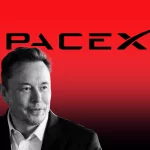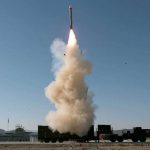Last news
 5 Common Mistakes Forex Traders Make (and How to Avoid Them)
5 Common Mistakes Forex Traders Make (and How to Avoid Them)
 How to Check a Car Before Buying — Even If You Know Nothing About Mechanics
How to Check a Car Before Buying — Even If You Know Nothing About Mechanics
 Poland’s Defense Minister Confirms Death of General Skrzypczak
Poland’s Defense Minister Confirms Death of General Skrzypczak
 What Prayer to Read to Get Pregnant: Clergy Recommendations
What Prayer to Read to Get Pregnant: Clergy Recommendations
 Usyk Comments on Dubois’ Future After Wembley Rematch
Usyk Comments on Dubois’ Future After Wembley Rematch
 5 Common Mistakes Forex Traders Make (and How to Avoid Them)
5 Common Mistakes Forex Traders Make (and How to Avoid Them)
 How to Check a Car Before Buying — Even If You Know Nothing About Mechanics
How to Check a Car Before Buying — Even If You Know Nothing About Mechanics
 Poland’s Defense Minister Confirms Death of General Skrzypczak
Poland’s Defense Minister Confirms Death of General Skrzypczak
 What Prayer to Read to Get Pregnant: Clergy Recommendations
What Prayer to Read to Get Pregnant: Clergy Recommendations
 Usyk Comments on Dubois’ Future After Wembley Rematch
Usyk Comments on Dubois’ Future After Wembley Rematch










